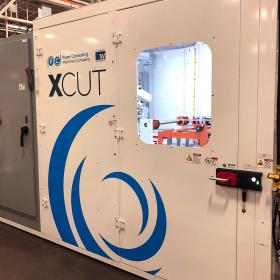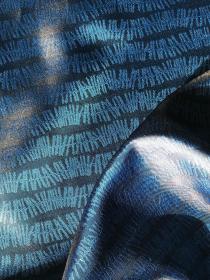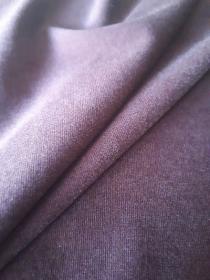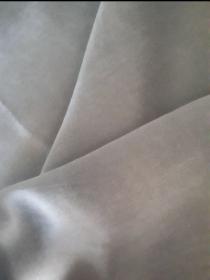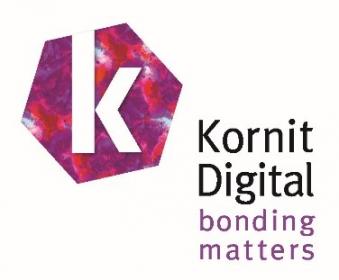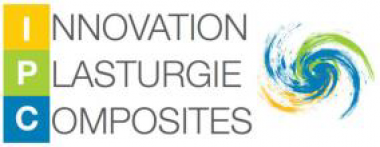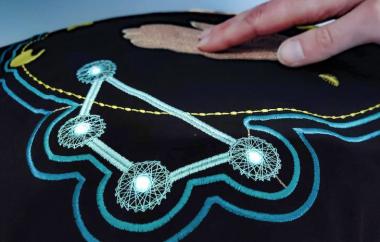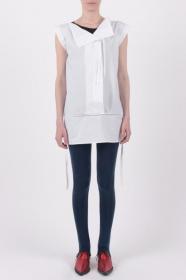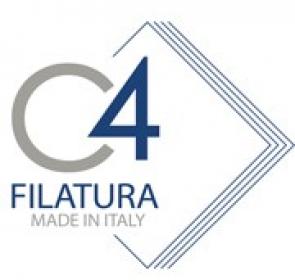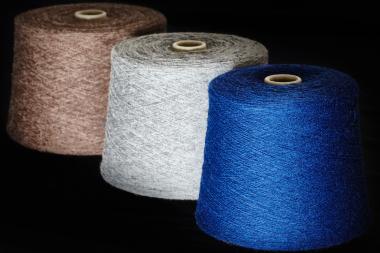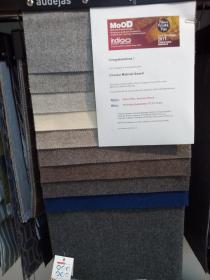FINEXTM Reaches New Milestones; Launches Officially at Intertextile Shanghai Apparel Fabrics
FINEXTM, Sateri’s marquee brand for recycled fibre, is now certified to the Recycled Claim Standard (RCS) which provides verification of recycled raw materials through the supply chain.
RCS is intended for use with any product that contains at least 5% recycled material. Sateri has successfully produced FINEXTM viscose fibres with up to 20% recycled content. Under the RCS certification process, each stage of production is required to be certified, beginning at the recycling stage and ending at the last seller in the final business-to-business transaction.
These new developments were announced at the official launch of FINEXTM on September 23, 2020. About 160 guests, mostly senior representatives of major fashion brands and fabric and garment makers, gathered to celebrate the milestones that cement the status of FINEXTM as a game changer for sustainable fashion.
Themed ‘Sustainable Fashion for the Future’, the launch was jointly hosted by Sateri and China International Fashion Fair (CHIC) on the sidelines of the three-day Intertextile Shanghai Apparel Fabrics, a major industry expo.
In his address, Allen Zhang, President of Sateri, said, “The development of FINEXTM has been an intensive effort for Sateri from initial commercialisation, to partnering brands like Lafuma and Rico Lee, and finally to today’s launch. This is all made possible with collaboration across the value chain – working alongside yarn spinners, garment makers and brand partners – to bring a high quality and more planetfriendly product to consumers. The fashion industry is changing fast and, beyond functionality, circularity is now of the greatest importance in apparel manufacturing.”
In the ‘2020 Sustainable Fashion Report’ released by China’s leading business news publication CBNweekly earlier this week, results of a survey with stakeholders in the fashion value chain reinforced the potential of textile recycling as a solution to the problem of textile waste arising from over-consumption and production. The report identified technology and capital as the biggest barriers to textile recycling and highlighted the critical role brands play in mobilising manufacturers and consumers to advance sustainable fashion.
As part of its efforts to promote textile fibre recycling in China, Sateri is in dialogue with the China Association of Circular Economy (CACE) to undertake a comprehensive study on the industrial-scale textile waste recycling landscape in the country. The study is expected to commence next year.
Omnicom Public Relations Group / Sateri





